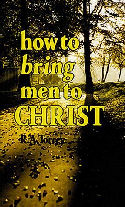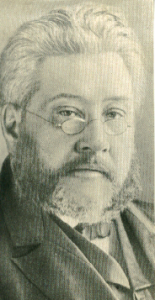Charles Spurgeon, the Prince of Preachers
Source: Wikipedia
The descendant of several generations of Independent ministers, he was born at Kelvedon, Essex, and became a Baptist in 1850. In the same year he preached his first sermon, and in 1852 he was appointed paster of the Baptist congregation at Waterbeach. In 1854 he went to Southwark, where his sermons drew such crowds that a new church, the Metropolitan Tabernacle in Newington Causeway, had to be built for him. Apart from his preaching activites he founded a pastors’ college, an orphanage, and a colportage association for the propagation of uplifting literature. Spurgeon was a strong Calvinist. He had a controversy in 1864 with the Evangelical party of the Church of England for remaining in a Church that taught Baptismal Regeneration, and also estranged considerable sections of his own community by rigid opposition to the more liberal methods of Biblical exegesis. These differences led to a rupture with the Baptist Union in 1887. He owed his fame as a preacher to his great oratorical gifts, humour, and shrewd common sense, which showed itself especially in his treatment of contemporary problems. Among his works are The Saint and his Saviour (1857), Commenting and Commentaries (1876) and numerous volumes of sermons (translated into many languages).
—The Oxford Dictionary of the Christian Church
CHS-18-Job.pdf (5963 downloads ) .
CHS_Words-of-Cheer-For-Daily-Life.pdf (1426 downloads ) .
CHS_Words-of-Council-For-Workers.pdf (1441 downloads ) .
CHS_Words-of-Warning-For-Daily-Life.pdf (1460 downloads ) .
CHS_Words-of-Wisdom.pdf (1390 downloads ) .
chs_words-of-counsel-for-Christian-workers.pdf (1335 downloads ) .
Spurgeon Books

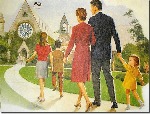
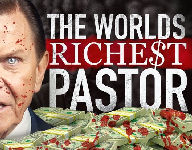 Ministerial Requirement Not Covetous
Ministerial Requirement Not Covetous Biblical Definition of Spiritual Abuse
Biblical Definition of Spiritual Abuse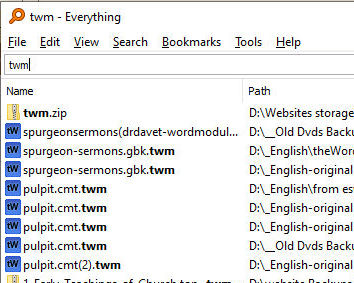 Helpful Windows User Tip for "Searching Everything" on your PC.
Helpful Windows User Tip for "Searching Everything" on your PC.